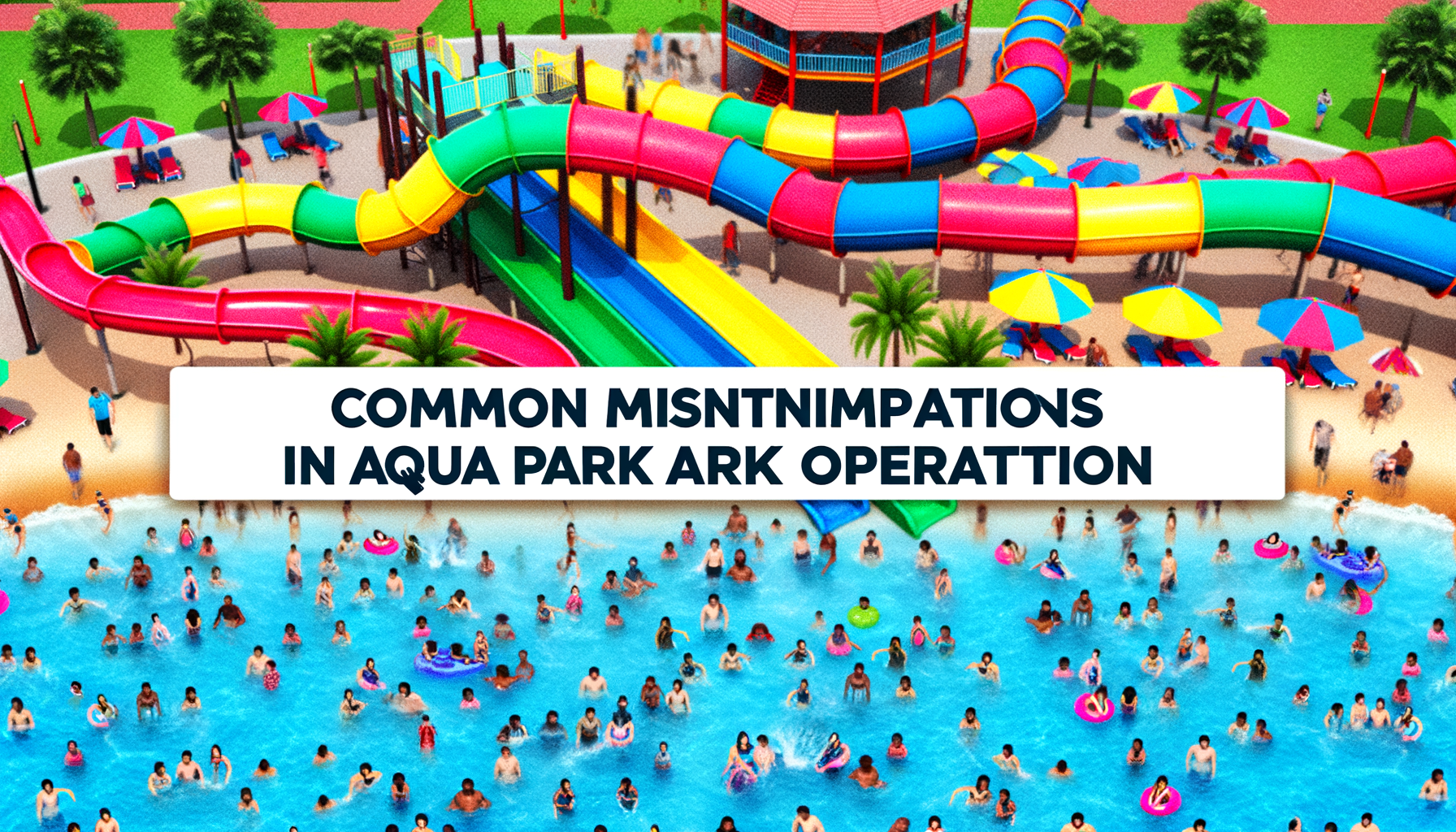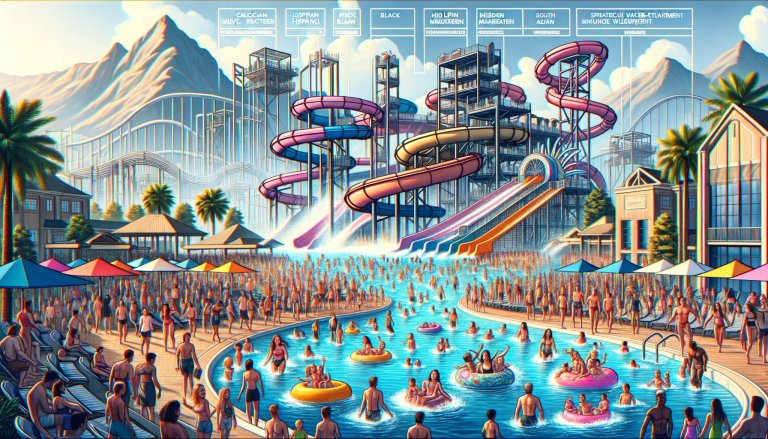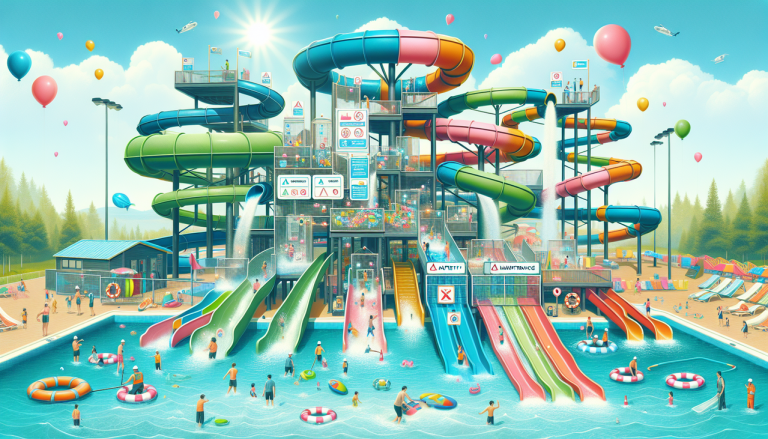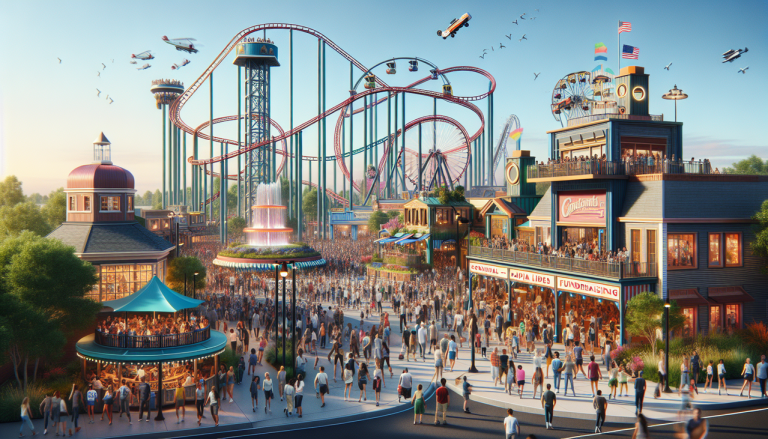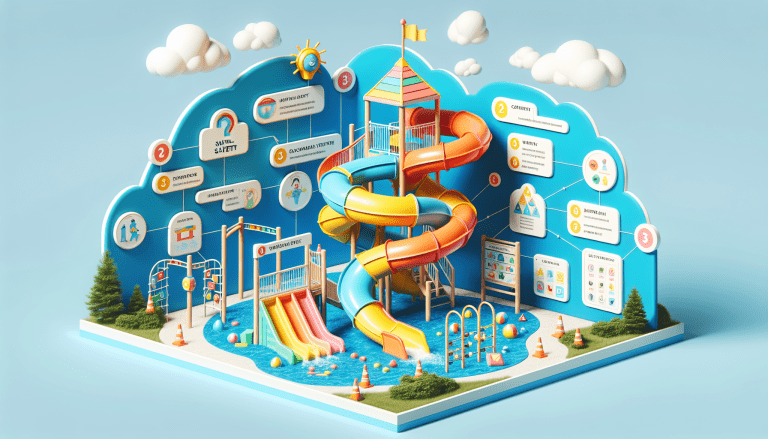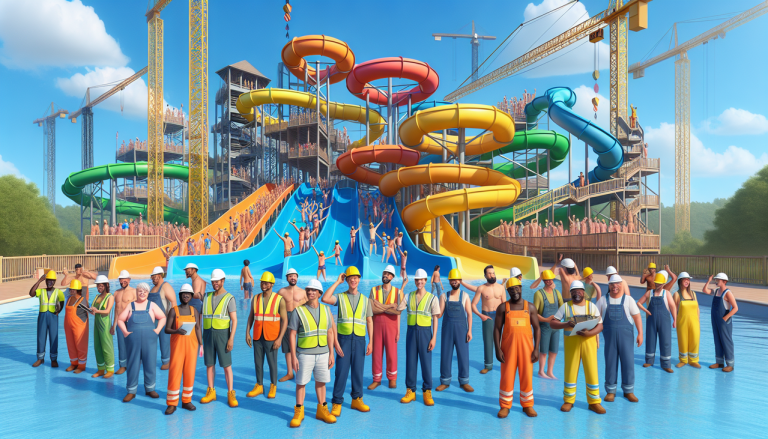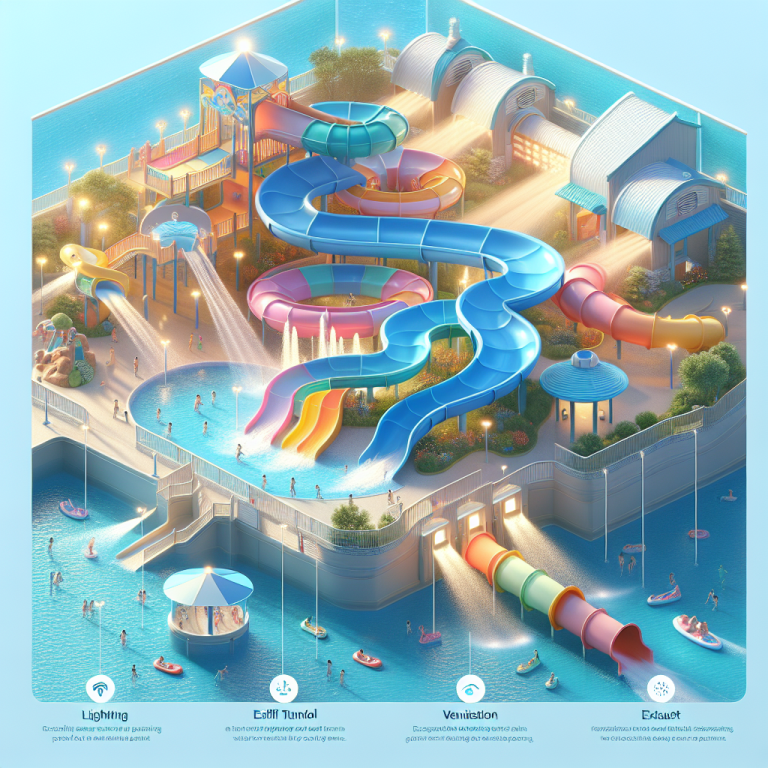Avoid These Water Park Myths
Audio:
Text:
Many new operators entering the water park industry often face challenges when it comes to managing aqua park equipment. These challenges can impact their revenue and leave them feeling overwhelmed. While some may find the operation of a water park daunting, others witness successful aqua park projects coming to fruition. Identifying and addressing business problems is crucial in finding the right solutions to operational issues.
Water park myths, aqua park operation are prevalent in the industry. Let’s delve into some of the major misconceptions encountered during the operation of aqua park projects:
Myth 1: Lack of Market Research and Overinvestment
Some investors fail to conduct adequate market research in the initial stages of aqua park projects. This leads to oversized investments and, in some cases, fosters unhealthy competition. Adopting a “bigger is better” mindset without considering market dynamics can result in a mismatch between investment scale and market demand. This imbalance is particularly evident in third- and fourth-tier cities where the local population and economic capacity may not sustain large-scale water parks. Blindly launching aqua park projects without aligning with the local market’s development trajectory can trigger cutthroat competition among water parks, leading to unnecessary financial losses.
Myth 2: Poor Planning and Visitor Flow
Some developers focus heavily on acquiring water amusement equipment but neglect crucial aspects such as park design, thematic elements, and operational efficiency. Inadequate traffic planning within the park can disrupt the flow of visitors, resulting in subpar guest experiences and high complaint rates. These shortcomings, especially during peak seasons like summer, can significantly impact the operational success of aqua park projects.
Myth 3: High Ticket Prices and Low Visitor Return Rate
Setting exorbitant ticket prices in a bid to recoup investments quickly can backfire. High ticket costs often deter visitors due to affordability issues, leading to low revisit rates. Striking a balance between revenue generation and visitor satisfaction is crucial in sustaining aqua park operations.
Myth 4: Lack of Themed Packaging and Market Appeal
While the proliferation of water parks is evident nationwide, many projects lack unique themes and cultural significance. Relying solely on water amusement equipment without incorporating creative themes results in a lack of differentiation and limited market appeal. The homogeneity of aqua park projects stemming from generic planning, construction, and operation practices hinders their overall attractiveness to visitors.
Myth 5: Single Product Portfolio and Seasonal Challenges
Aqua park projects often face seasonality issues, with peak visitor periods concentrated in the summer months. The limited product offerings and strong seasonal effects contribute to operational challenges, as water parks struggle to attract visitors during off-peak seasons. Diversifying the product portfolio and enhancing year-round attractions can mitigate the impact of seasonality on aqua park projects.
